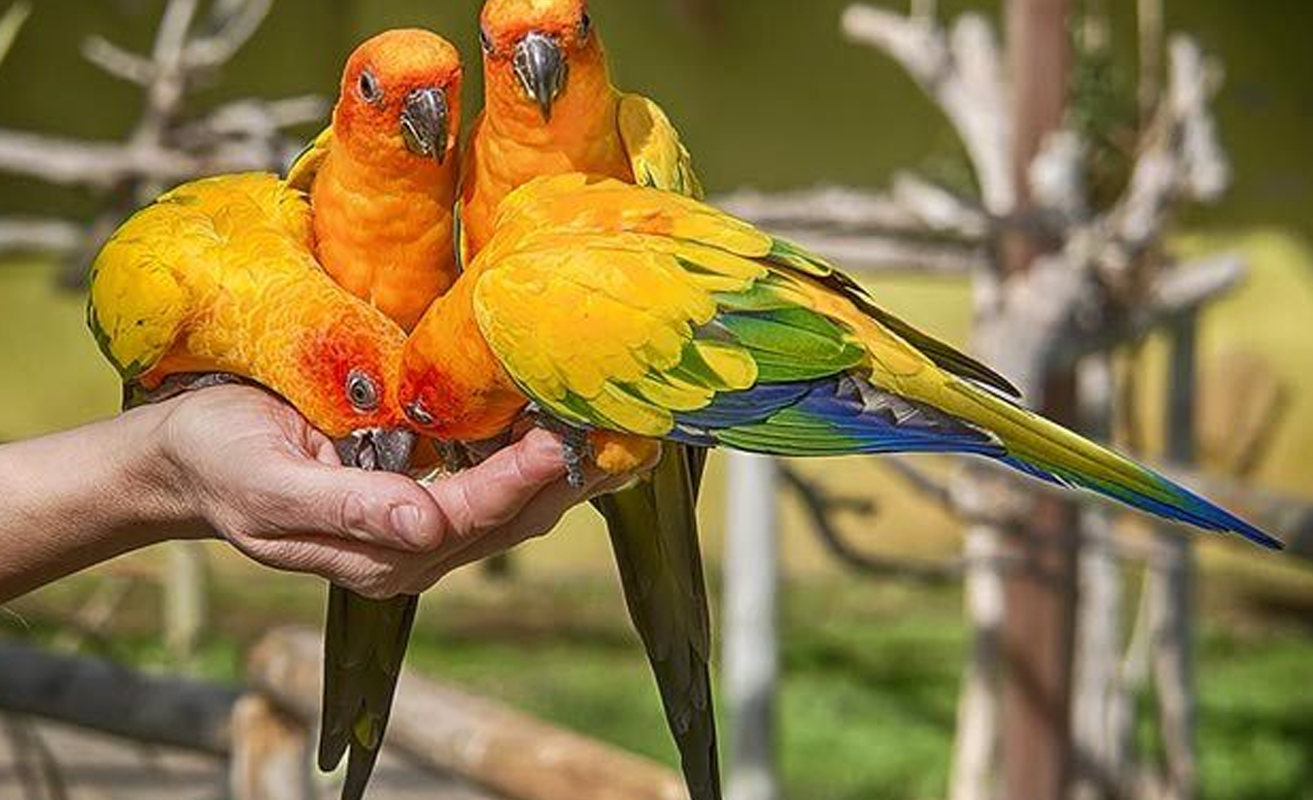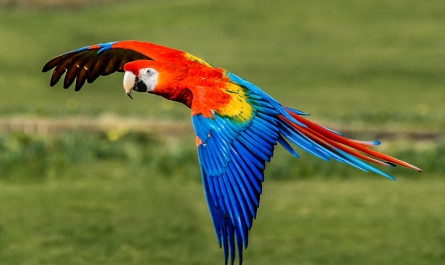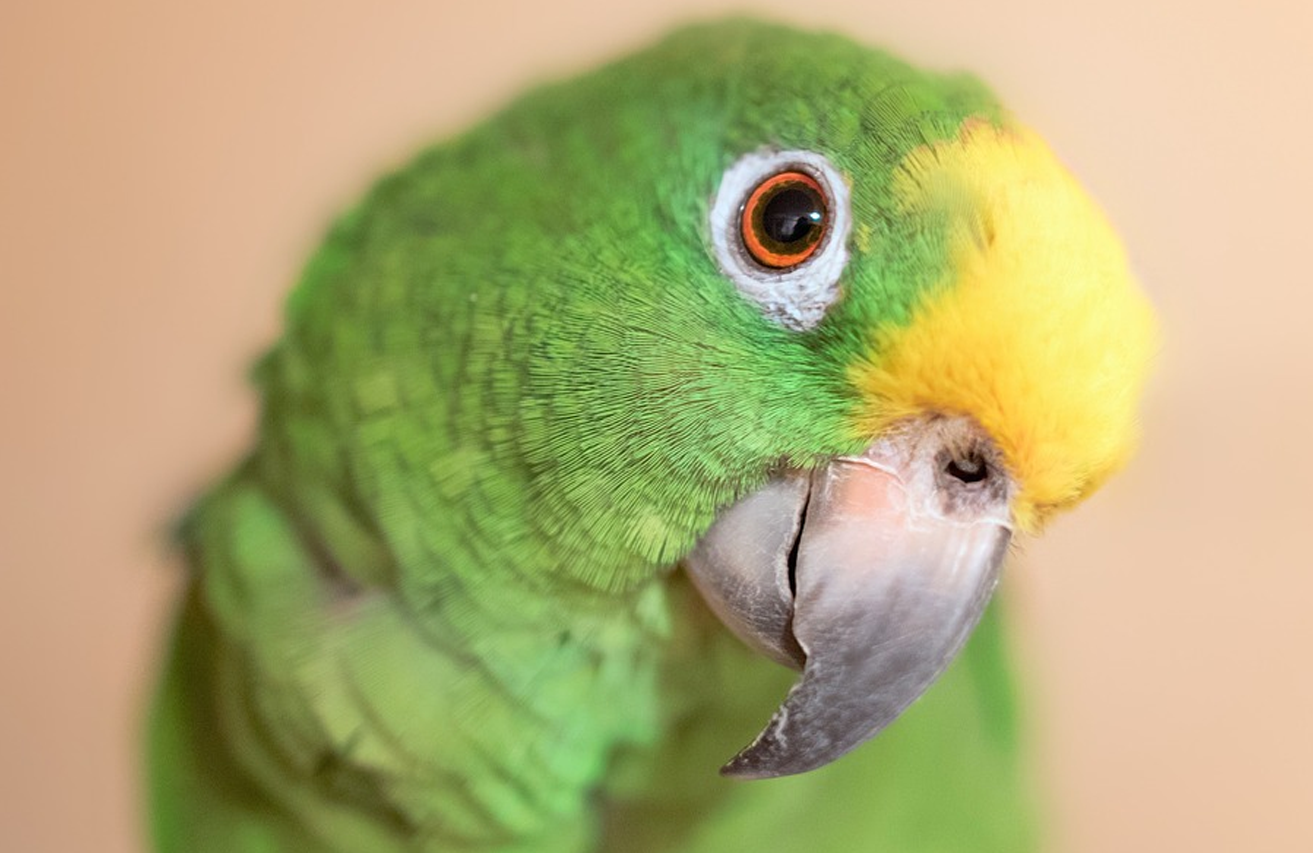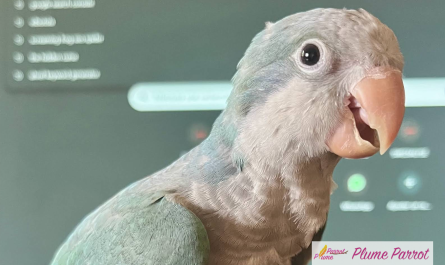When considering adding a parrot to your family, one of the most critical factors to understand is their lifespan. Parrots are known for their impressive longevity, and this can significantly impact your decision and commitment as a pet owner. In this article, we’ll explore the lifespan of various parrot species, the factors that influence their longevity, and what you need to know before bringing a parrot into your life.
Understanding Parrot Lifespan
Parrots are among the longest-living pets you can own. Depending on the species, their lifespan can range from 10 years to over 70 years. This makes parrots a lifetime commitment, and it’s essential to understand this before deciding to adopt one.
- Small Parrots: Budgerigars (budgies), cockatiels, and lovebirds typically live between 10 to 20 years.
- Medium-Sized Parrots: African Grey Parrots, Amazon Parrots, and Eclectus Parrots can live from 30 to 50 years.
- Large Parrots: Macaws and Cockatoos are known to live between 40 to 70 years, and some even surpass 80 years with proper care.
Factors Influencing Parrot Lifespan
Several factors play a crucial role in determining how long a parrot will live. Understanding these can help you ensure your parrot enjoys a long and healthy life.
- Diet: A balanced and nutritious diet is paramount. Parrots require a diet rich in fruits, vegetables, nuts, and specially formulated pellets. Avoiding seeds as the primary food source is crucial, as they do not provide the necessary nutrients.
- Environment: Parrots need a stimulating environment with plenty of space to fly and explore. A lack of mental stimulation can lead to boredom and behavioral issues, which may impact their health.
- Veterinary Care: Regular check-ups with an avian veterinarian are essential. Parrots can suffer from various health issues, including respiratory infections, obesity, and nutritional deficiencies, which can be managed with proper care.
- Social Interaction: Parrots are highly social creatures. They thrive on interaction with their human caregivers and, in some cases, other birds. A lonely parrot can develop psychological issues, leading to a shorter lifespan.
- Exercise: Physical activity is vital for a parrot’s health. Encouraging your parrot to fly and providing toys for physical stimulation can help prevent obesity and related health problems.
The Commitment of Owning a Parrot
Owning a parrot is not just about providing food and water. It’s about dedicating time, energy, and resources to ensure your parrot has a fulfilling life. Given their long lifespan, it’s important to consider the following before bringing a parrot home:
- Time Commitment: Parrots need daily interaction, mental stimulation, and exercise. They are not suitable for owners who are often away from home or cannot commit to daily care.
- Financial Responsibility: Parrots can be expensive to care for, requiring a large cage, toys, a varied diet, and regular veterinary care.
- Life Changes: Consider how your parrot will fit into your life over the next several decades. Major life events, such as moving, career changes, or having children, can affect your ability to care for a parrot.
Conclusion
Parrots are extraordinary pets with a lifespan that requires serious consideration before adoption. Understanding the commitment involved and being prepared for the long-term care of these intelligent and social creatures will ensure that you and your parrot have a happy and healthy life together. Whether you choose a small budgie or a large macaw, being aware of their needs and longevity will help you make the best decision for you and your future feathered friend.
Share this content:




